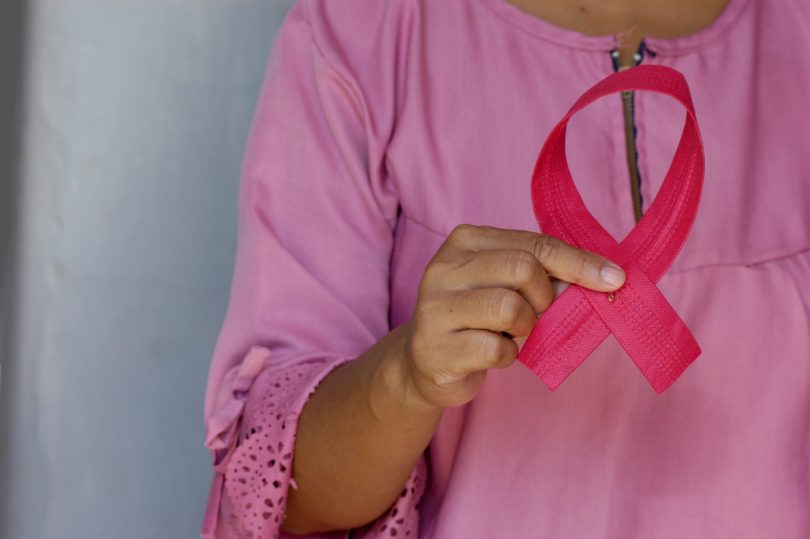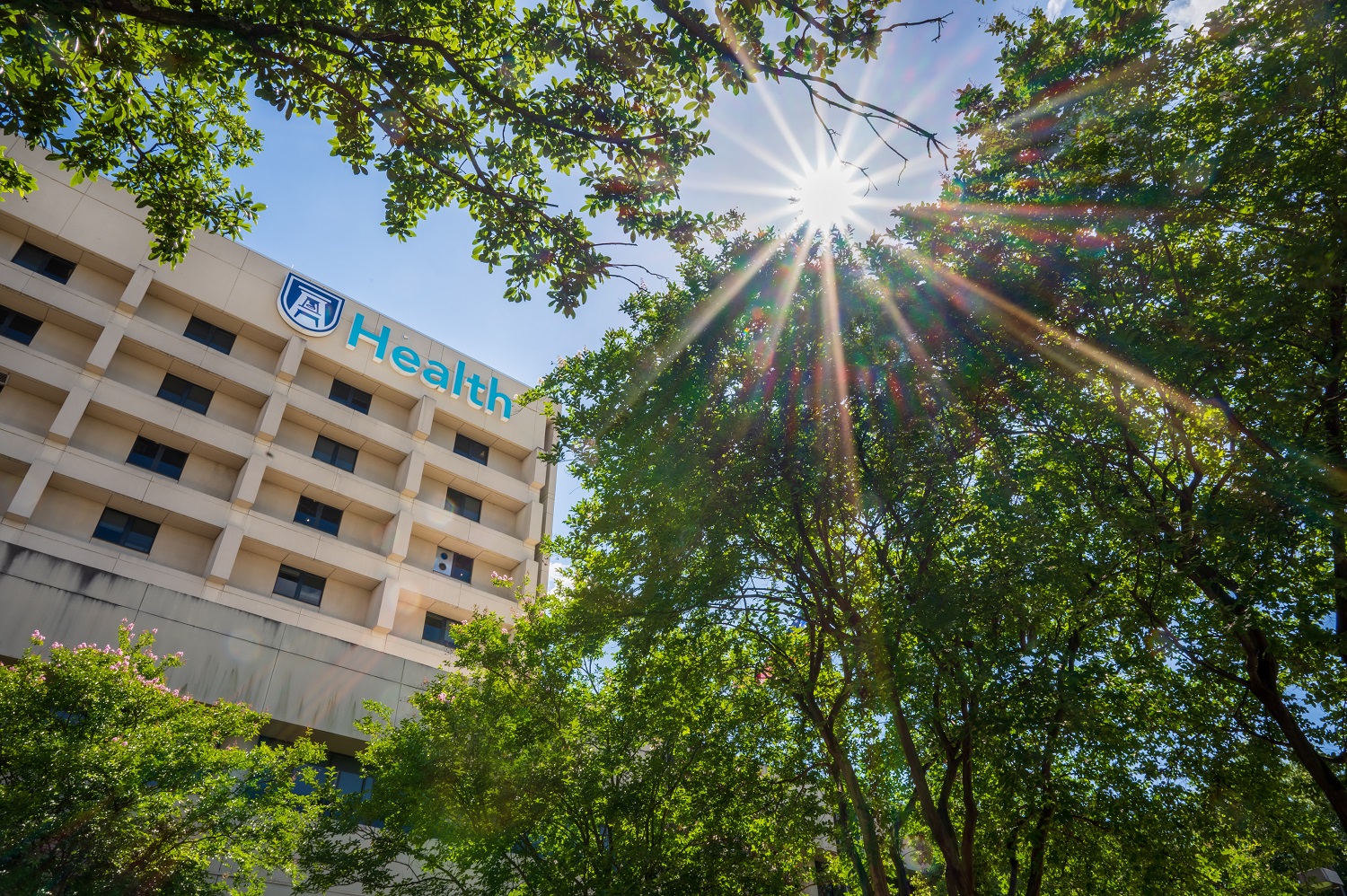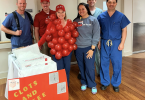The first important thing to know is that there is no one distinct food or supplement can protect or cure Breast Cancer or for that matter any cancer. However, research supports that a balanced diet can lower the risks of developing cancer or having a reoccurrence if you are in remission. What does a balanced diet look like? A balanced diet looks just as it sounds – a variety of all our nutrients. This includes vegetables, fruits, whole grains, animal and plant-based proteins, and healthy fats. Research does support leaning more into a plant-based diet for Breast Cancer prevention and survivorship. This is because fruits, vegetables, whole grains, and beans are all high in antioxidants and phytochemicals. These nutrients are great for protecting and repairing our cells from damage. They are also great sources of fiber, helping to move out waste and other less healthy parts of our diet out of our bodies. Plant-based foods can also provide an advantage to achieving and maintaining a healthy weight because they have all these great nutrients but are generally lower in calories.
So how do you work toward having a more plant-based diet? We recommend following the American Institute for Cancer Research’s New American Plate Model. It is a great start to making healthy changes to protect against Breast Cancer. Aim for covering at least 2/3 of the plate with plant-based foods such as whole grains, vegetables, fruit, and beans. The remaining 1/3 of the plate may be filled with animal-based foods such as seafood, poultry, turkey, and dairy foods and occasionally with lean red meat. Rather than centering meals around meat, which is common practice for the American diet, the goal is to center the meal around balance and nutritional value. Swapping your plate that is an 8 oz. steak, a large, loaded baked potato and a small serving for broccoli over to 3-4 oz. of chicken, a small baked potato (or even better a small sweet potato), and a healthy serving of both broccoli and cauliflower is just one example of a small change.
As you work to change the portions on your plate, there are also some foods we recommend reducing. Try to limit heavily or ultra-processed foods high in saturated fats, starches, and sugars. Reducing these items, such as fast food or snack/junk foods, helps maintain a healthy weight since these are loaded with calories and often little else. Limiting red and processed meats in the diet is cancer preventative as well, and not just for Breast Cancer. Consuming no more than 12-18 ounces per week of meats such as pork, beef and lamb is a healthy goal. A good way to measure is remembering a deck of cards is about 3 ounces, which equals 20 grams of protein. This is a good way to keep track of your protein intake. Try to shift your protein choices to fish, chicken and plant-based proteins like beans, legumes, and tofu. Are you not used to avoiding animal protein at meals? A great goal is to aim for at least one meal per week to be vegetarian. There are tons of great recipes found here to get you started.
Liquid calories from beverages have a way of sneaking up on us and contribute to our waistlines as well. Start paying attention more to what you are drinking and limit the intake of sweetened drinks such as sodas, sweet tea, and loaded coffee drinks. Not a fan of water? Try infusing it with fruit and herbs to give it flavor without the calories. Another beverage that should be limited is alcohol. There is strong scientific evidence linking alcohol as a risk factor for at least six different cancers, Breast Cancer being one of them. Keep to one drink per day for women and two for men if you are not able to abstain altogether. You can also try to make spritzers instead of drinks straight, reducing your overall alcohol intake.
One major topic that comes up with nutrition and breast cancer, whether during treatment, survivorship or prevention, is the use of soy. Soy, when broken down to the biochemical level, has isoflavones that look a lot like estrogen does. Thus, the idea that it acts like estrogen in the body came to be, but that is actually false. The isoflavones in soy bind and function differently and do not increase the risk of cancer. In fact, they may actually “turn on” genes that slow growth of cancer cells and initiates self-destruction. Whether soy is whole or in powder or supplement form, science shows no effect on hormones levels. Therefore, soy does not affect hormone levels in the body. Soy powders do not contain higher levels of isoflavones than whole soybeans, so one is just as good as the other. For prevention, there is some limited evidence that suggests consuming more soy can be beneficial. We do know that it helps lower LDL, or bad cholesterol, in the body. All in all, soy in not the bad guy and can be eaten in the diet and may even help with breast cancer prevention.
The last area to talk about with nutrition and Breast Cancer is the use of supplements. This is referring to concentrated pills, capsules, or liquid shots of vitamins, micronutrients, herbs, or even foods that you would not typically consume in your day-to-day diet. Although supplements are popular, we do not recommend taking them for cancer prevention. Meeting your nutrition needs with food firsts is the most beneficial. If you think you are deficient in something in your diet, talk to your dietitian or doctor about checking your lab values. If a supplement is needed, your dietitian or doctor will prescribe you one. Supplements come with many health claims, and they just might be more harmful than one can imagine due to overuse and medication interaction. Breast Cancer survivors are often on long-term medications and several supplements can interfere with these medications. If you are very serious about taking a supplement, please talk to your dietitian or doctor to ensure that it will not interact with your medications. Supplements do not offer the same benefits as eating natural foods, its best to get nutrients from the diet first.
So let us go back to the question from the beginning. What type of diet is best for Breast Cancer prevention or survivorship? While there is not a diet, such as keto, paleo, or raw, that is recommended for Breast Cancer, there are lifestyle changes one can do to improve both prevention and survivorship for Breast Cancer. Reducing your alcohol and red meat intake both help lower the risk. Increasing your fruits, vegetables, whole grains and beans on the plate can help with both overall weight management and health as well as cancer prevention and survivorship. Add these with increasing your physical activity and you are well on your way to doing everything in your power to improving your health. If you feel you have more questions, please talk to your doctor about seeing one of the dietitians to help you work through all the available information.


